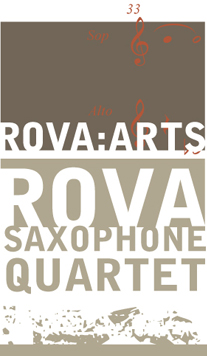+ 1, Guest Contributor, Jason Weiss, May 2014Visits with Lacy
When I lived in Paris in the 1980s, I used to visit Steve Lacy with some regularity. Mostly
we talked books and listened to music, once in a while he played me a new tune;
sometimes, other visitors dropped by too. Once, I walked in to find James Newton
and Abdul Wadud there. I had admired their playing, but did not imagine them
and Steve in quite the same circles. With all the more reason, then, I appreciated
the mutual regard they held for each other. Another time, he and Irene asked me
to stay for supper, or maybe I was already invited, and there was Eduard Limonov,
a bad boy of the new Russian literature who had left the USSR and subsequently NY
and was then trying out Paris. I don't know how much Limonov knew Steve's
music, but he was on good behavior that evening (with no sign of the nationalist
cult leader he later became). Another time, a few years after, I was less successful in that regard. Samuel Fuller's final film, Street of No Return, opened in Paris and I encouraged Steve and my close friend Séamas—who knew Steve through me, we had even taken the train up to Lille several years earlier to attend the premier of Futurities—to go see it with me. Hardly had the film begun, I had that sinking feeling. I felt kind of bad for wasting their time, but Steve had that wry smile I'd seen often before, recognizing the mess in front of us while patiently keeping his humor to get through it. There was, after all, a certain solidarity in experiencing that mess together, even if it was the work of a master. Our long-time friend Jason Weiss edited Steve Lacy: Conversations (Duke, 2006) and wrote, more recently, Always in Trouble: An Oral History of ESP-Disk’ , the Most Outrageous Record Label in America (2012), as well as an essay on artist Llyn Foulkes’ music for the catalogue to Foulkes’ retrospective at the Hammer Museum last year. Forthcoming in the fall: Cloud Therapy, a book about swimming. |

